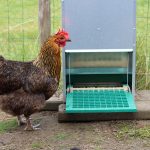Why Do Chickens Always Seem Hungry?
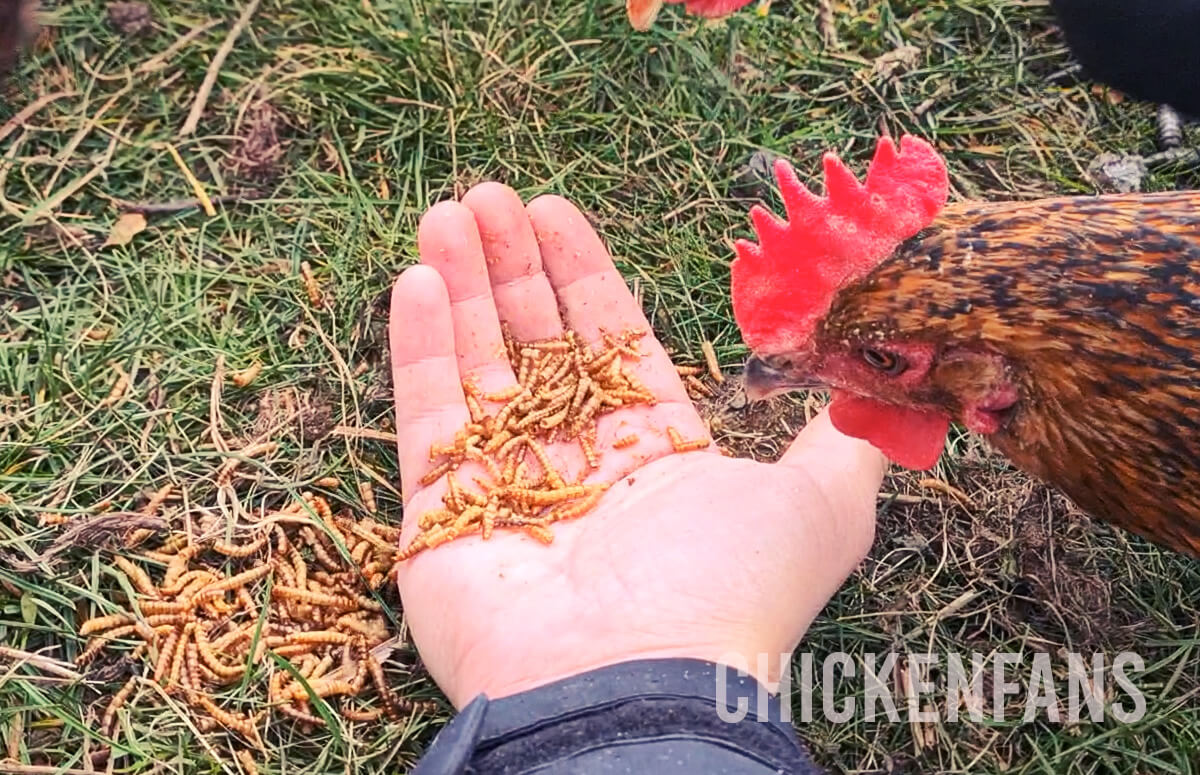

Have you ever noticed how chickens act as if they’re on the verge of starvation whenever you approach the coop? They run towards you and make noise, but it’s hard to tell whether they’re hungry or other factors are at play. Let’s find out why chickens always seem to be hungry.
Are My Chickens Hungry?
When you head out to your chicken coop with treats or food, do your chickens run toward you? Do they start making noise and pretending like they are starving to death? Don’t worry; you’re not alone.
This behavior worries many chicken keepers. They’re concerned that their flock isn’t receiving enough food or the right nutrients and remain hungry.
If these thoughts have ever crossed your mind, let us help put you at ease. If your chickens are fed a well-rounded diet, your birds are likely fine.
So, why do chickens always seem hungry?
If your chickens can access food and water, they’re probably fine. Chickens are opportunistic feeders and do what their instincts tell them to do: eat when and whenever you can. It’s a natural survival instinct.
Let’s explore these topics further for greater understanding.
What is a Chickens’ Feeding Instinct?
Chickens are natural foragers and are known as opportunistic feeders. This means if there’s an opportunity for food, it doesn’t matter that they just ate.
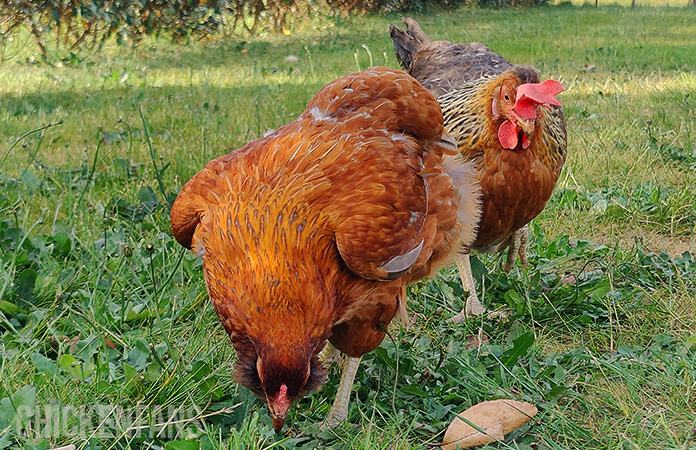
Chances are that your flock will eat again! This isn’t because they’re starving. It’s because their minds tell them to grab food when it’s available.
This also explains why chickens spend the greater portion of their day foraging for different types of food, such as bugs, seeds, plants, and even dirt.
It’s a natural survival instinct. Chickens have many unique abilities, such as not laying eggs when they don’t feel secure in their food sources or surroundings.
Being an opportunistic feeder is another natural ability these wonderful birds have. Just because you see your chickens eating all the time doesn’t mean they lack nutrition or quantity of food. It means they’re doing what is natural to them: eating most of their day.
A Chicken’s Digestive System
Another reason why chickens eat every time an opportunity strikes is because of their digestive system.
At the top of the digestive system is the crop. This serves as a holding cell for all the food a chicken ingests throughout the day.
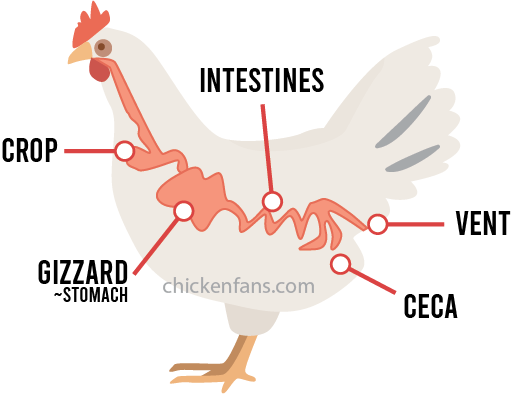
The chicken controls when the food in the crop is digested. For instance, when a chicken is foraging and finds a gold mine in food, they consume as much as they desire at the time.
They won’t become full because the food is stored in the crop, not their stomach. That is why chickens can’t overeat! The same rule applies when you come near the coop with treats.
Your flock will consume as much of the treats as possible while storing them in the crop. Their ability to go crazy over some yummy food isn’t a sign of a lack of nutrition. It’s more like your birds are participating in the survival of the fittest, and each one intends to ensure their own survival.
As the day progresses and things calm down, your chicken may take a break. This could be during a time of rest or when laying eggs.
During resting time, they push the food from their crop into the next step of the digestive system for their body to utilize.
Now that you understand how the digestive system works let’s discuss a common ailment some chickens face.
Can Chickens Choke?
Yes, a chicken can get a large piece of food stuck in its throat or eat too fast, just like it can happen in humans. Another common condition is an Impacted Crop; a partial or complete blockage that results in food stuck in the chicken’s crop.
Impacted crop is usually caused by eating something indigestible, like straw or long blades of grass. You’ll notice something is not ok with a chicken’s crop if it hasn’t emptied overnight.
Typically, chickens suffering from crop problems or digestive issues will decrease food consumption, lose weight, and even seem lethargic or depressed. Something is wrong if your chickens’ crop is full in the morning before eating. You can spot a full crop on most chickens easily, as it can look like a tennis ball on their chest.
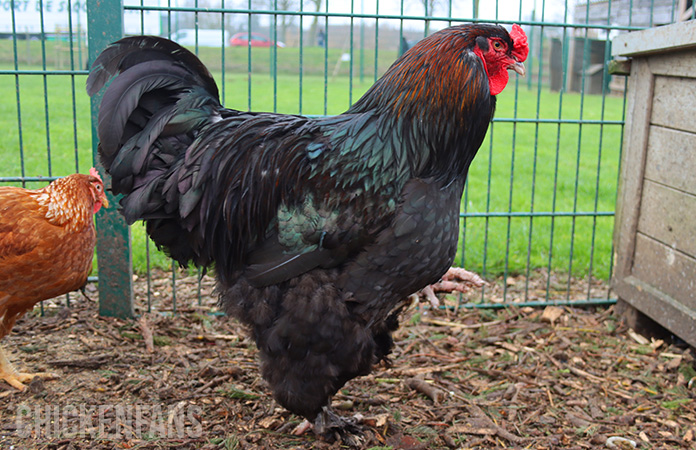
If you ever become concerned about the crop being impacted, give your bird a small drop of olive oil through the side of its mouth. This will make it easier for the crop to empty. You can also gently massage the area to help the food go down to the stomach.
An impacted crop is dangerous to your chicken as it can lead to malnutrition and sour crop, a yeast infection in the chickens’ crop.
Crops should be empty within four to twelve hours. If this doesn’t occur, it’s best to seek medical attention to ensure your bird can recover from this issue.
Summary
Hopefully, you now better understand how a chicken’s digestive system works and how it goes along with a chicken’s instinct to eat any time an opportunity arises.
The next time you’re among your flock, feeding them their balanced diet or providing a small treat, don’t be alarmed that they seem hungry.
Instead, know that it’s because your birds are acting on instinct, and their bodies are built to withstand their typical eating practices.
For more information on chicken health issues, please visit our ‘Health‘ page.

